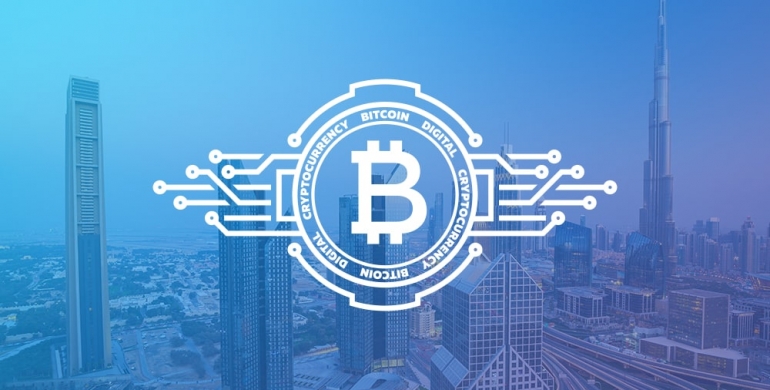Imagine when you had to wait several months just for you to send a letter to your friend in another country. The internet has obviously changed the way we communicate and this is what blockchain technology is doing to real estate at the moment. Blockchain technology is one of the greatest revolutions of the real estate industry as it has changed a lot about how these properties are sold and managed from all around the world. So what is blockchain?
Blockchain makes it possible for users to carry out transactions without having to go through any intermediates like the bank, stock exchange, credit card companies, and other financial institutions.
Most times, we often misuse the concept of blockchain and distributed ledger technology (DLT). Far from it, these two are not even close but when an average user talks about blockchain, most of the time they’re actually talking about DLT. However, blockchain is actually a type of DLT that provides a permanent and secure storage option for agreements, digital ledger of transactions, contract agreements and any other information. In simple terms, blockchain makes it possible for users to carry out transactions without having to go through any intermediates like the bank, stock exchange, credit card companies, and other financial institutions. That way, investors easily eliminate any chance for slow transactions, or fraud, especially where huge sums are involved. So, how are all of these possible with blockchain?
Tokenization/fractional ownership
With tokenization, you don’t need to have all the money in the world before you can get your desired property. You can call it democratization in real estate investment as this allows individuals to split ownership of assets into tokens that are stored on blockchain. A real estate owner can now sell off a portion of his property to different investors and that’s not all. Each of these individual split investors can also sell off their own share of the investment to the open market any time via secondary trading. Certainly, this makes life a lot easier and we see a lot of migration into real estate in no time.
Smart contracts
Have you ever purchased a property before the advent of blockchain? If you have then you’d agree that the process is not fun at all. Property valuations, finance agreements and dozens of other documents must be provided before a contract is reached and this can be time-consuming. Meanwhile, with smart contracts, you get to sign contracts in a pretty smart way. Both the buyer and seller can reach an agreement based on the laid down protocols and an agreement is reached only when all the terms have been met as will be verified by a computer protocol.







